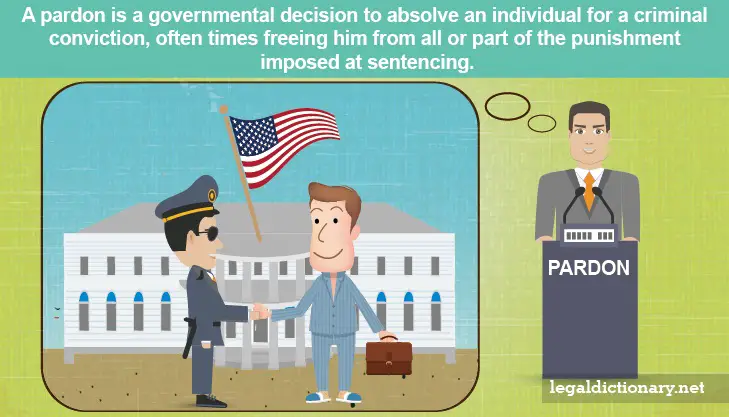

This means that if the employee in our example threatened to expose his boss for a purely state law crime, such as petty theft, he could potentially be charged under California's extortion statute, but not under the federal blackmail statute. threats to expose, or consideration for not exposing, violations of federal law.Federal Laws on Extortion and Threatsįurther, while state law, including in California, may prohibit a wider variety of blackmail or extortion related activity, it should be noted that 18 U.S.C. The boss refuses, so the employee reports him to federal authorities.Įven though the employee threatened to reveal the employer's violation of United States law, no blackmail or extortion occurred because the threat of exposer had no connection to a demand for or receipt of money or any other valuable thing.Īs you can see, not all threats to expose criminal behavior constitute blackmail under 18 U.S.C. Instead of demanding $1,000,000, the employee threatens to expose the boss if he does not turn himself in voluntarily for his securities law violations. In the same scenario, suppose that the employee is altruistic and is not interested in extracting a payment from his employer. § 873 by attempting to extort $1,000,000 from the victim, even though he never actually received the payment. The defendant employee has violated 18 U.S.C. He sends an e-mail to the boss demanding $1,000,000 in exchange for his silence about the boss' own criminal activity. Rather than report his boss to the appropriate regulatory agency, the defendant decides that it would be more profitable to blackmail the boss. The defendant, his subordinate, learns that the boss has been engaging in unlawful financial practices such as insider trading which are crimes under United States law.

Imagine the victim is a high-powered executive at a financial firm.

In some cases, tape-recorded conversations are used, but there are many different angles used in order to carry out the extortion. In other words, extortion cases often involve someone calling a person or actually meeting them and then attempt to get that person to give some money or do something for them, or give some type of valuable consideration as part of a plot to extort them. Put in common terms, this statute criminalizes blackmail related to the victim's own violations of law. § 873 punishes anyone who either demands or receives money, or any other valuable thing, under the threat of informing, or as consideration for not informing, against any violation of United States law. Under Title 18 of the United States Code, Section 873, a more specific subset of blackmail or extortion is prohibited as a federal crime.


 0 kommentar(er)
0 kommentar(er)
